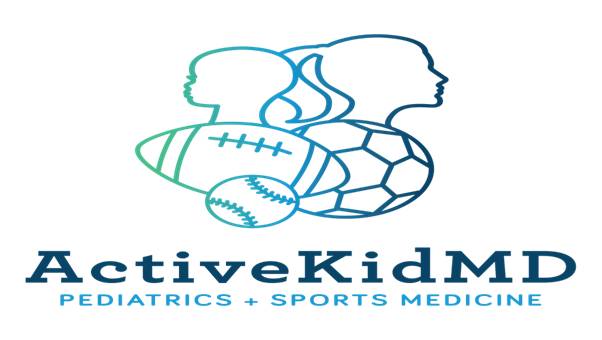Hot summer months combined with intense summer training camps present the greatest risk of exertional heat illness, especially in the first week of practices.
So athletes shouldn't be the only ones making preparations, according to the National Athletic Trainers Association which released an Executive Summary of the updated 2014 Position Statement providing revised recommendations and key insights on the management of Exertional Heat Illness:
- Death from exertional heat stroke is 100 percent preventable when proper recognition and treatment protocols are implemented.
- A pre-season heat acclimatization policy should be implemented to allow athletes to be acclimatized to the heat gradually over a period of 7 to 14 days. This is optimal for full heat acclimatization.
- Plan rest breaks and modify the work-to-rest ratio to match environmental conditions and the intensity of the activity.
- When environmental conditions warrant, ensure that a cold water immersion tub and ice towels are available to quickly manage an athlete with a suspected heat illness.
- An athlete suffering from exertional heat stroke should always be cooled first (via cold water immersion) before being transported by EMS to an emergency facility.
- An athlete recovering from exertional heat stroke should be closely monitored by a physician or athletic trainer and return to gradual activity.
- The current document now states that a patient suspected of having exertional heat stroke must be cooled via cold water immersion for the full treatment time prior to being transported to a hospital. Additionally, the document states that this must be stated in the school’s Emergency Action Plan.
Any individual or organization holding training or competition sessions in hot conditions should review these recommendations and have appropriate on-field access to equipment and trained personnel as part of a well-constructed Emergency Action Plan.
As a parent or athlete, do you know if your team or organization has preparations in place for prevention of Heat Illness?











